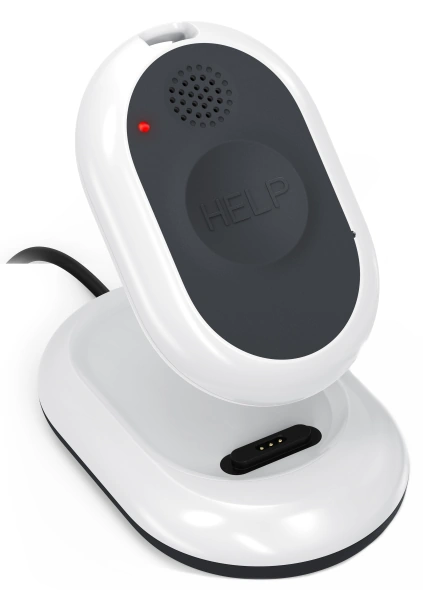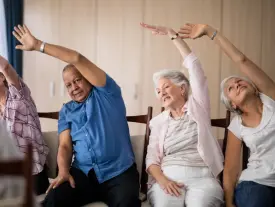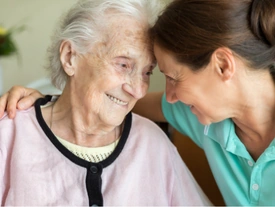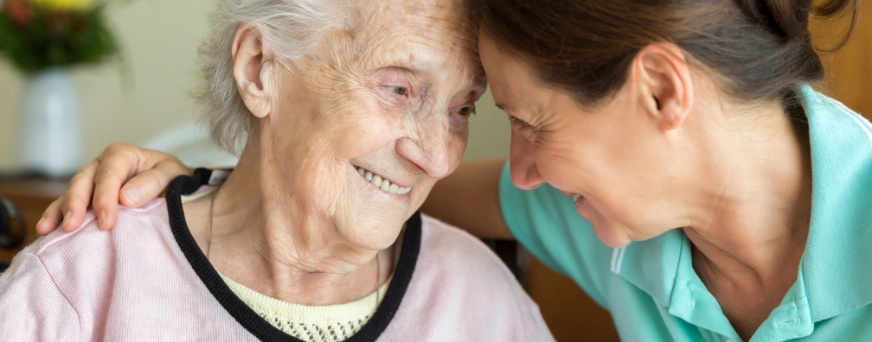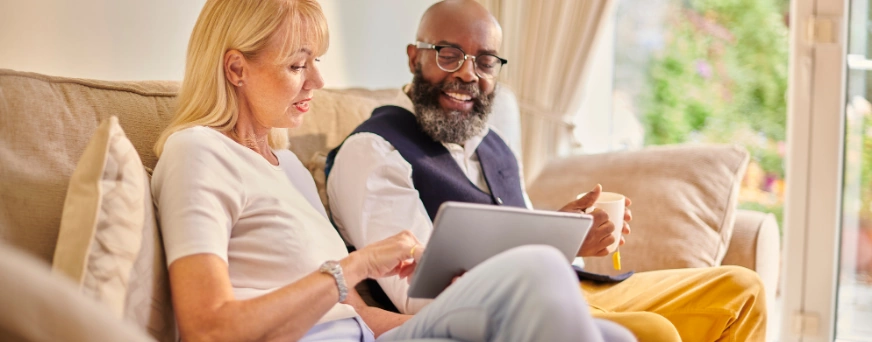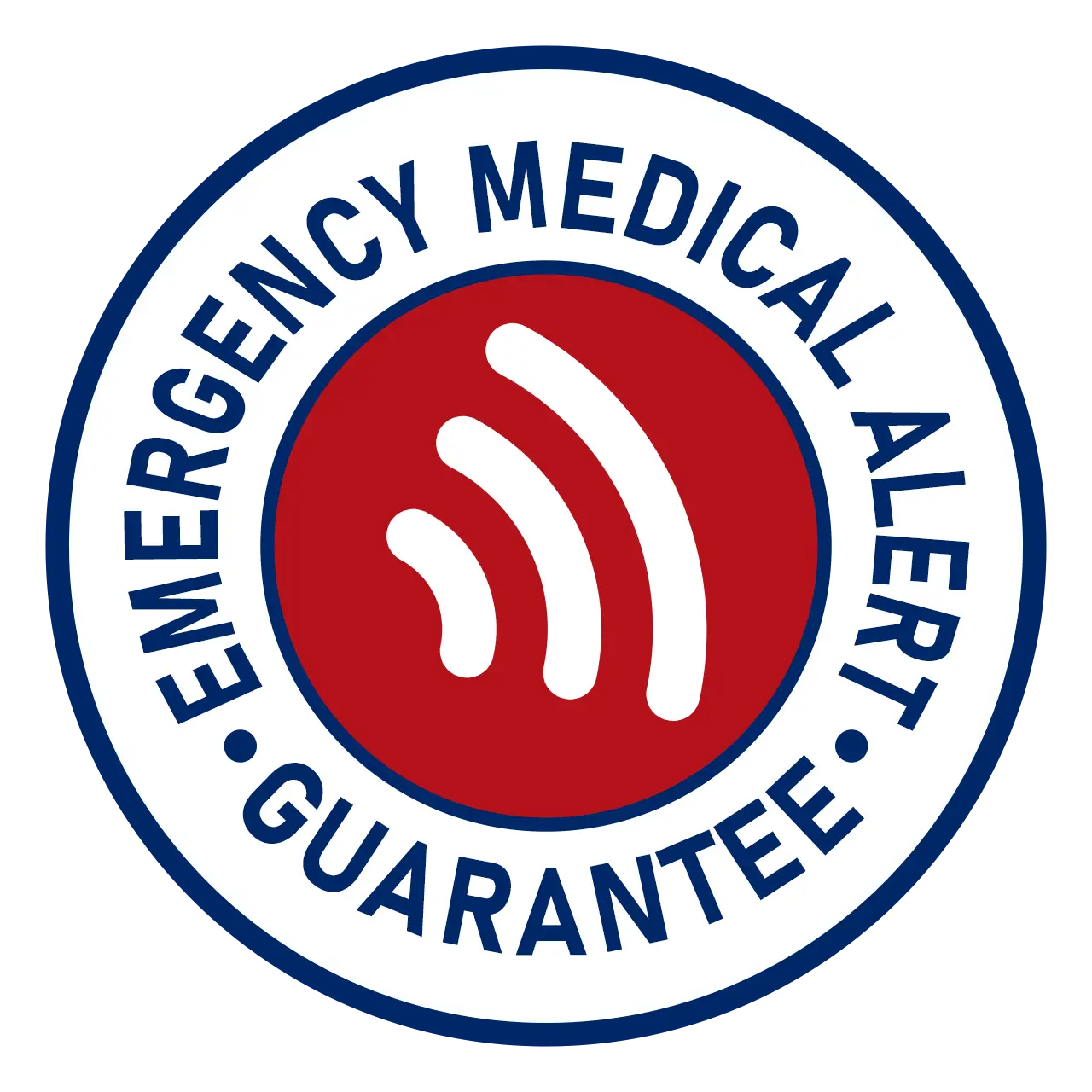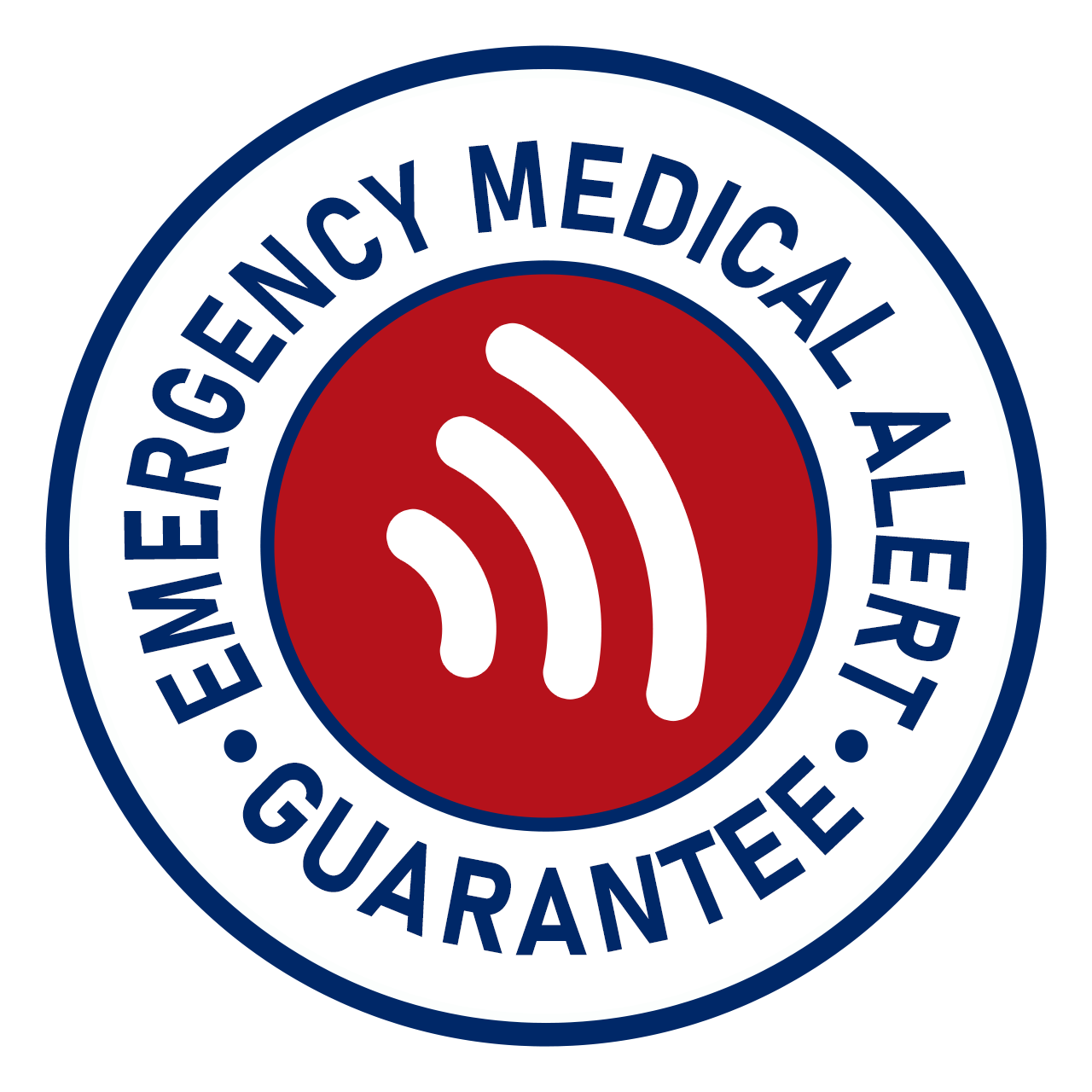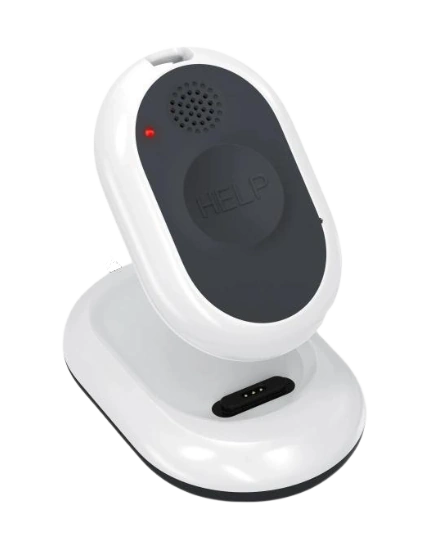Door Locks For Dementia Patients: What Caregivers Need To Know
Key Takeaway
Caregivers of individuals with dementia can enhance home safety by installing door locks that are tailored to cognitive decline, reduce the risk of unsupervised exits and give peace of mind. Options like childproof locks, smart locks with alerts, camouflaged latches and high or low-mounted deadbolts allow control without undermining dignity. Choosing the right system means weighing the person’s mobility level, memory and the home layout so you strike the proper balance between safety and freedom.
Caring for someone with dementia is a heartfelt responsibility. It can also be a daily challenge. However, a common and serious concern is seen in the individuals with dementia who have caregivers concerned all the time.
This is wandering and it can lead to dangerous situations for the patient. The most effective way to secure your loved ones is by using the right door locks.
Here, we will discuss the importance of door locks for patients suffering from dementia. We shall also discuss the types of door locks for dementia patients available, along with how you can choose the best solution based on your unique caregiving situations.
Understanding Wandering In Dementia
Wandering is a behavior most usually seen in patients with dementia or Alzheimer's disease. It can occur due to various reasons. These include confusion and disorientation, along with restlessness and boredom.
Unfortunately, as common as this may be, it is also extremely dangerous in the long run. A person with dementia may leave the house without being able to find their way back home.
They may even walk into traffic or unfamiliar neighborhoods. It is even worse if the weather conditions are harsh.
The Alzheimer's Association has posited that about six in ten people with dementia will wander at least once. Others might do it repeatedly in their lifetime.
This is why a preventive measure like door locks is important to create a safer home environment. These help limit unsupervised access in the house or outside of it.
How Do Door Locks Help Dementia Patients?

Door locks are not just to prevent a person from exiting the house. They are tools for the caregivers to maintain a secure and calm living space that is also controlled. The right door helps minimize the anxiety of both the patient and the caregiver.
The latter can thus focus on other tasks without constant fear and worry. Patients can now engage in activities within the safety of their house. Last but not least, these help provide peace of mind during the night or during moments when supervision is not possible.
Securing exits and giving caregivers alerts about movement, door locks, and their supplementary safety systems prove important for the house.
Types Of Door Locks For Dementia Patients

There are various types of door locks and safety tools. Each one is made with cognitive impairment in mind.
Some are made to be subtle so they can blend with the environment. Others integrate with modern technology for advanced monitoring. Here are the most effective options you can go for:
Childproof Locks
While these are made for toddlers, they are still highly functional when used for dementia patients in the early to moderate stages. They are simple to install and require specific movements/ pressure to open. This is not an easy task for someone with poor motor skills or memory loss so they will not be able to wander outside.
Electronic/Smart Locks
Smart locks give you remote access and customizable codes. You can even get hold of activity logs. They allow caregivers to lock or unlock the doors using an app on their phones. They even receive alerts when doors are opened. Some models can be integrated into the home security systems for added safety.
Wandering Alarm Systems
These are motion-sensitive systems. They trigger alarms or send you alerts when someone opens the door/ crosses a threshold. Some advanced systems of this type allow you to set the specific times when the alarm activates. This is great in case of nighttime wandering.
Camouflaged Locks
These locks are intentionally designed to blend into the door. They can also be placed in unconventional locations like the bottom/ top of the doorframe. This makes it harder for the person with dementia to remember how to open them or even notice them at all.
Double-Sided Deadbolts
These locks require a key to open from both sides. They offer maximum security but need to be used carefully so you do not lock someone in during an emergency. Caregivers should always be the key for these on hand and ensure fire safety guidelines are met.
Top/Bottom Installed Locks
Top/ bottom installed locks on the doorframe help prevent access. Dementia patients often focus on the standard doorknob height and do not usually pay mind to locks that are out of their sight.
Pressure Mats And Motion Detectors
These devices are placed near doorways. They trigger a chime or alert when someone steps on them. These serve as an early warning system so caregivers know when to intervene.
Choosing The Right Lock: Factors You Should Consider
Not all locks work in all situations. So you need to choose the right one depending on individual behavior and home setup. Here are some factors you should consider:
Level Of Dementia/Cognitive Decline
Those in the early stages have reasoning abilities that are not compromised. This means they can bypass simple locks. As their condition progresses, they may find it harder to recognize and operate the standard door mechanisms. You must understand your loved one's cognitive abilities to determine the type of lock that you should get.
Home Layout And Daily Routine
You should also take into account the home layout and the patient's daily routine. Think if you live in a single-story home or a multi-level one, or if exits are near busy streets/ staircases or dangerous areas like basements/ utility rooms. Understanding the daily flow of movement can help you find the most important areas to secure.
Number Of Caregivers/Supervision Level
If someone is at home all the time, simple manual locks/ alarm systems are enough. But if the house only has periodic supervision, smart locks, and remote monitoring systems are a better way to exercise control.
Budget And Ease Of Use
Some high-tech locks can be expensive. They even require Wi-Fi and other infrastructure. Childproof and manual options are usually more affordable and you can install them easily. Find a solution that fits your budget without compromising on safety.
Conclusion
Wandering is the most prominent and distressing symptom of dementia. It can be troublesome for both the ones experiencing it and those who care for them. Having the right door lock can make all the difference.
It can prevent accidents and reduce the anxiety of the caregivers. Choosing the right door locks for patients with dementia is a small action but helps protect your loved one greatly.


